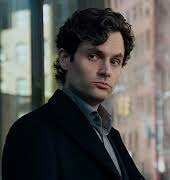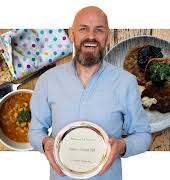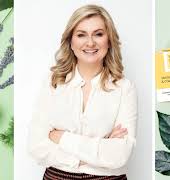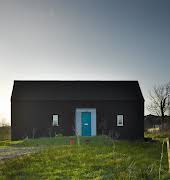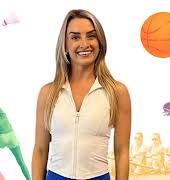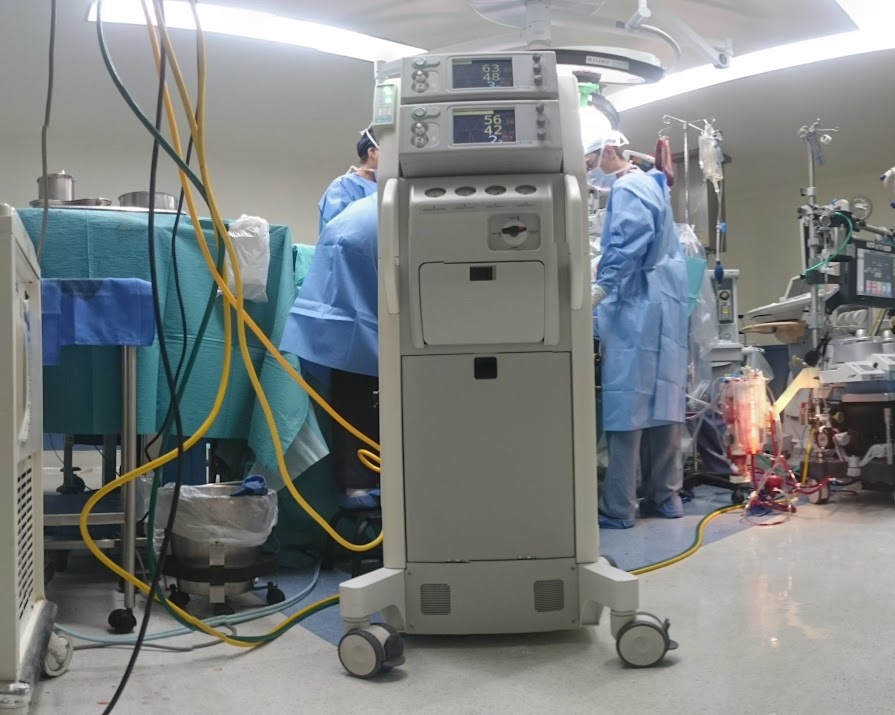
By IMAGE
03rd Mar 2019
03rd Mar 2019
What is it really like to hold someone else’s life in your hands? Intensive care doctor and author Aoife Abbey attempts to explain…
I work in intensive care and if that sounds intense, the truth is, it is. Intense. Although, the reality of any situation is that intensity of feeling can only take you so far. We all end up coding, as routine, some of those things which we would have once thought of as stressful.
You’d be surprised, perhaps, at the parts of your life that form the basis of my daily routine; sepsis, burns, suicides, torrential bleeding, falls from heights, heart-attacks, complications after pregnancy, strokes, infections and violent crime. Of course, these things are anything but routine for you; they are life-defining. Life ending. Life making and breaking.
A part of the job
It is just the truth that there comes a point when a doctor, or any healthcare professional on the frontline, needs to recode trauma as something that is just part of a task. You recode the repulsion that sometimes comes with the feeling of ribs, cracking beneath your own hands as you deliver CPR.
I am standing at the head-end of a trolley in the emergency department and we have before us a man whom we characterise, as is usual, according to his most recent escapade. He is “male, multiple stab-wounds”.
His chest has been opened, and we call it “cracked”, uncovered, as if we have inputted the code to a safe and pulled the steel door open. I stand inches away from the stripped-back cavity and squeeze a bag to watch his lungs in ate. Literally, I see them move up and down. They are pale pink fleshy bags and there is nothing blue about the breath that I am giving. There is nothing of the sky.
We call breath life; the spark of something celestial, but this real breath that I drive down into those sacs is relatively disappointing; demystified, exposed.
Care
There is a heart in the centre; that thing we think we love with, that thumps inside our chest when we are scared, that utters when we’re pleased. A muscle squeezed rhythmically by a gloved hand following on to an arm that is bare from the wrist up, and thrust into the space around the heart.
Twenty minutes ago, I lingered by a desk at the nurses’ station with the owner of that hand and screwed my mouth up at the sourness of a sweet she had offered me from the communal bag of sugar. Gossiped. Talked about the weekend.
Here and now, her hand squelches the muscle and a newly qualified doctor who had arrived just in time to see the rib-spreaders hauled off the sterile tray looks at me, disconcerted. The nurse at the foot of the bed opposite me calls for more blood to be hung and the newly qualified doctor asks me, “Why don’t any of you care?”
Care? She meant mind, I am sure; notice, scream, recognise what has been pulled apart here. Because, there is no use in that here, at this exact time, is the answer.
I tell her of course we care. We just care, later and beforehand. The decision to invade a thorax is a massive one. A careful one, and the aftermath will receive attention – but this is now. Now, with the squeezing and filling up with blood. Now with the looking for holes to fix.
Task
I wonder if I am proud that it seems to her that this is routine, for all of us. at we have stumbled into this bloodbath, created it even, in a bid to save a life and somehow have taken every single gut-reaction you might think a person could have and placed it, calmly, somewhere else. I wonder if I want to be proud of that.
In my granddad’s later years, he walked to our house every day, to take our dog, Lucky, for a walk. Usually, he’d make a task for himself first of peeling a pot of potatoes and leaving them there soaked in water, ready to cook in the evening. He’d take Lucky’s lead from its hook on the back door, place it beside her as she looked on expectantly, and say, “After Lucky, don’t you know what that means? After.” After this task is done.
Sometimes
Back in the emergency department, not long since we have realised defeat, I poke my head cautiously back around the paper curtains of the cubicle, to see the lifeless body. I observe the pains my colleagues have taken, to turn that scene into something that might be considered more fit for a mam and dad, as if there might be some hope of making the death of a son fitter for the eyes of his parents.
I sit on a hairdresser’s chair the afternoon after that nightshift. The appointment was booked to give me a reason not to sleep all day, to beat the jetlag. She asks about my job as she pulls my hair taught around her rounded brush, and instinctively follows up that question with “You must see some terrible things”.
And I just say “sometimes”. I say, “It’s not all that bad” and I return my eyes down to the page of the book I have escaped to.
Dr Aoife Abbey, the writer behind the British Medical Association’s “The Secret Doctor” blog, was born in Tallaght. She studied biological sciences at the University of Edinburgh before graduating from medical school at Warwick University and is a member of the Royal College of Physicians, Fellow of the Faculty of Intensive Care Medicine and council member at The Intensive Care Society UK. Her debut book, Seven Signs of Life: Stories from an Intensive Care Doctor (Vintage, approx €15) is out now.

Image: Unsplash

